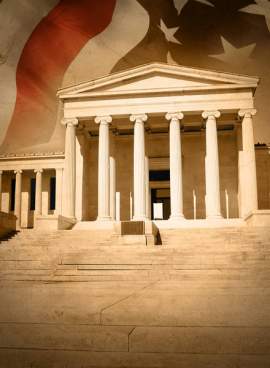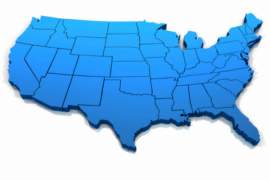
What Are The Houses of Parliament

Parliament, like many different forms of legislative bodies, is often divided into multiple houses or bodies. The houses of parliament may vary between different parliamentary systems, but in the case of English parliament, the houses of parliament include the House of Lords and the House of Commons. The Monarch is another important part of English parliament, but the Monarch is of course, not a house of parliament.
Each of the houses of parliament has a different set of powers given to it, and a different set of rules with regard to how and individual might come to be a member of one of those houses of parliament. For example, an individual who is a member of one house of parliament may not be a member of the other house of parliament. Also, an individual who is a member of one of the two houses of parliament, the House of Lords, may not vote in the elections for members of the other house of parliament, the House of Commons.
In the system of English parliament, the House of Lords is technically the upper house of parliament in the bicameral legislature, but the House of Lords has actually come to hold significantly less power than the House of Commons, which was technically the lower house of parliament in the bicameral legislature. Members of the houses of parliament in the system of English parliament are elected into the position differently, and there are different numbers of members, as there are currently 650 members of the lower house of parliament, the House of Commons.



















